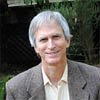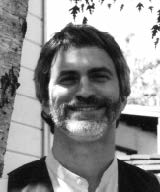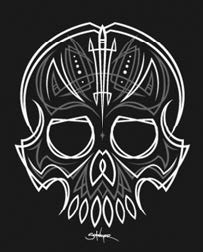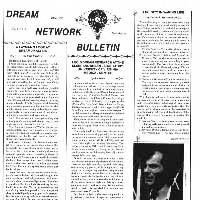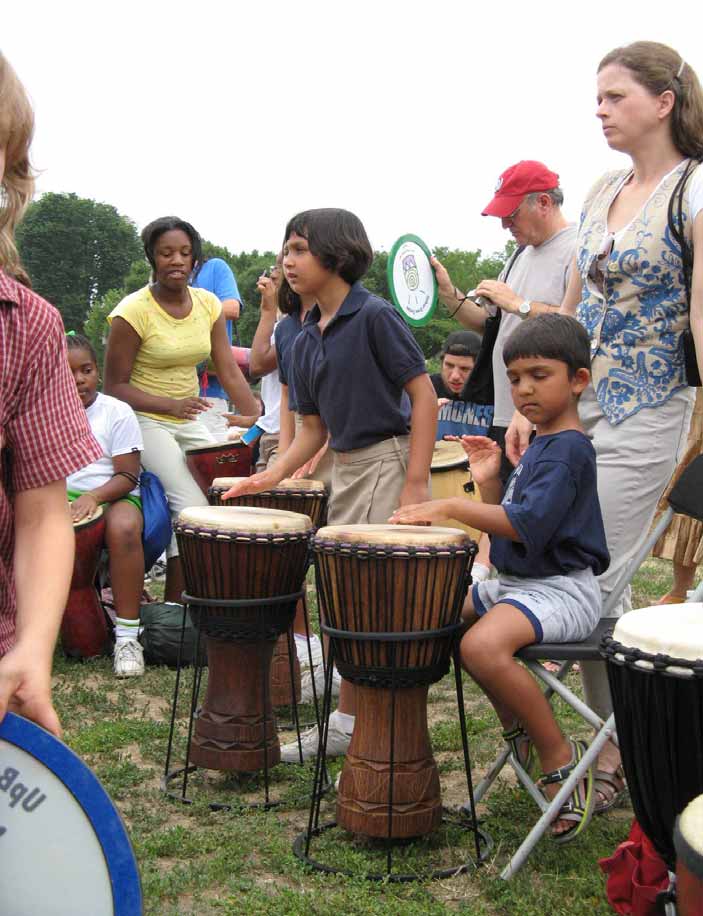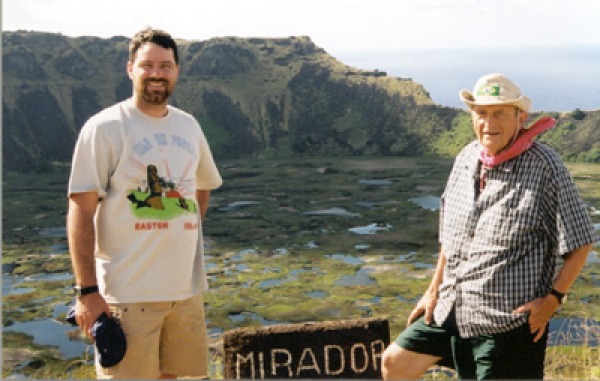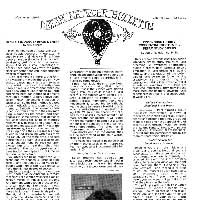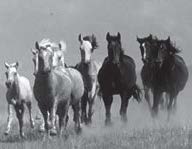
Abstract
This case study describes a course of psychotherapy informed by immersion in the unconscious and reflection on its potent symbolism. The author, a marriage and family therapist, worked for several years with a gay man in his forties grappling with a pattern of infidelities and striving to fully embrace a committed relationship. Exploring a series of 11 dreams helped heal the client's father wound, strengthened self-esteem and self-acceptance, and renewed his capacity to love. The client encountered five animal dream symbols: horse, camel, snake, alligator, and buffalo, representing different facets of his sexuality. Wild horses of libido were gradually transformed. One dream depicted a man wrestling with an enormous snake, an image depicting the eternal hero myth, heralding a process of transformation and emotional rebirth. The author illustrates the clinical usefulness of working with dreams and archetypal symbolism, in this case aiding the resolution of Oedipal conflict, which had previously inhibited satisfaction of central life aims. This paper contributes to our understanding of human sexuality from the perspective of Jungian depth psychology.
Keywords: Dream, animal, sexuality
"If any animal gives you advice and you don't follow it, then you are finished... obedience to one's own inner instinctual being is... more essential than anything else." Maria Louise von Franz
Introduction
This paper describes a process of therapeutic dreamwork I conducted with David, a gay man in his late forties. David was in a long-term, long-distance relationship with a man named George, and he was grappling with a recurring pattern of having affairs during periods when he and George were separated. He had a series of dreams that became a focal point for therapy exploring his fear of commitment, a conflicted relationship with his father, and his tendency to engage in sexually compulsive behavior. We'll meet several animal dream symbols (horse, camel, snake, alligator, buffalo) that had a profoundly healing effect and became an active guiding factor for David, while also depicting archetypal dimensions of human sexuality. We'll note how an animal dream image, in this case, a horse, can evolve and transform over a series of dreams, reflecting the individual's growth in consciousness. This is a story of a person who developed more emotional maturity through working with dreams and the feelings they evoke.
The Dream of the Wild Horses
MY NEW CLIENT David wasted no time in telling me about a central concern. During an early therapy session, he told me, "Recently I had unsafe sex during an anonymous encounter at a bathhouse. It was foolish and a lapse of judgement, and I feel a lot of guilt." He then reported this dream:
I was with friends (all men) in the country. Wild horses saw us and ran toward us. My friends stood aside but I ran to hide inside a truck. The horses ran over to me and reared up on their hind legs. They seemed agitated; smoke was coming out of their nostrils. They reared up, and their hooves came down and dented the hood of the truck and cracked the windshield. The owner of the horses, an older man, came outside and was angry, saying we had caused the horses to run wild.
David's associations to the horses were that they represented freedom, galloping, instinct, being on a rampage, stampeding. I explained to David that when some figure in a dream is pursuing us, chasing us, or confronting us, it may indicate the emergence of shadow material. Something excluded from our conscious viewpoint is trying to come into consciousness. I suggested that David ask the horses, "Who are you? Why are you in my dream? What part of me do you represent?"
David's horses replied, "We represent strength, energy, and power, uncensored, unbridled. Our message to you is be yourself. Follow your instinct. Don't be afraid."
I asked David to imagine standing inside the body of the horses. "What does that feel like?"
"They are large, strong and proud. I've let other people's view of me diminish my pride in myself. My father was ashamed of me for being a sissy, unathletic, more interested in playing with dolls than in sports. My father lost interest in me, and he was never proud of me. I'd like to have more pride in myself."
I said, "I think the horses also represent your issues about having anonymous sex. Horses remind me of 'feeling your oats.' I think the dream is asking you, 'Does this wild part of myself feel corralled, or does it need to be corralled?' Wild horses remind me of unbridled sex, passion, abandon, galloping, feelings of sexual vigor, strength, and excitement. In the dream there's a sense of freedom but also of danger. The question is, 'Is this energy destructive?' And what does it mean that the owner of the horses is angry with you? He seems like a symbol of the superego, the judge, the inner principle of constraint. He doesn't want the horses to run wild. The owner held you in contempt, expressing disapproval, just like your father did. Unfortunately, in our society gay people sometimes do face contempt from others. It's something you've dealt with all your life. It also becomes something internalized that you feel toward yourself."
David replied, "When you described being treated with contempt, it sent shivers through me. That is exactly how it felt. And just like in the dream, I was blamed for something that wasn't my fault. Being gay isn't my fault. It's just the way I am. I'm realizing through our work here how important my dad's lack of involvement with me really was. His lack of approval caused me to feel flawed. And my sexuality is tied up with this sense of deficiency."
The Dream of the Low-Flying Bomber
At his next session David reported that the night after our last session he had an intense dream:
I was at George's ranch. Some kind of war was being fought. Small planes flew overhead but high enough so I thought we were safe, but still I felt threatened. Doors and windows were wide open. A plane flew overhead very low. This time I was worried that the house was visible from that low elevation. Was it safer to be in the house hidden, or out in the open? The plane dropped a bomb as well as firing bullets. The house reverberated strongly. I woke up feeling vulnerable and worried, like something bad was going to happen.
David said, "George's ranch reminds me of George's family. A war being fought reminds me of George's struggles with his dad, who is an alcoholic and a sex addict." David and I noted how relevant it was that a family member evoked by the dream was a sex addict, given his own presenting issue.
Then I asked David, "How are you at war in your life?"
"There's a war inside me trying to reconcile or come to grips with my dad. It's a war about my sexuality, and feeling I have to overachieve to compensate for some fundamental flaw." "So the war reminds you of not being accepted for who you are."
"The dream also reminds me of how at my workplace I feel unwanted by some people in the company because of my sexual orientation. The planes dropping bombs remind me of violence, coming under attack, my fear of gay bashing. I remember being a kid and feeling that I didn't know how to defend myself. The bombs remind me of feelings of urgent fear and threat, and the fact that recently I had unsafe sex, and my fear of AIDS infection."
Later, David said, "Your question about what wars are going on inside me reminds me of my desires to have sex outside of my relationship. I feel torn. I get attracted to other men. Being with George makes me restrain myself most of the time, and I fear damaging that relationship. Yet I have a strong desire to act on those impulses."
"We're still dealing with your dilemma about taming wild horses."
"I'm scared."
"You're torn between your sense of honor and obligation to George, and your feelings of desirousness, the part of you that feels driven by compulsions, wild horses. Jung said when we are torn between a pair of opposites, we have to bear the tension and wait until a third factor emerges that resolves the conflict. So we'll have to wait and see what emerges." We would not have to wait long for an integrative symbol to emerge from the unconscious, through a dream that conveyed an image of wholeness.
The Dream of the Horse, the Judge and the Camel
I told David, "The dream image where the horses are agitated suggests the presence of inner conflict; there's fire in their eyes."
"Yes, smoke is coming out of their nostrils."
"How are you agitated?"
"Because I feel desire and I don't know what to do with it. I want to act on it and I'm fearful of acting on it. And it's hard keeping it hidden."
"In that dream you can't hide from the horses."
"Yes, they run after me."
"Perhaps the dream is asking you, 'Is this energy destructive? How much can it be let loose and out in the open?'"
At that moment, David spontaneously recalled that two months earlier he had another horse dream ("the day after the previous time I had unsafe sex"):
At an arena I saw a horse and a woman who appeared to be a judge of a horse show. The horse looked like she was going to do harm to the judge. She leaped forward, kicking the judge's leg, and knocked her down. The horse pawed at her a few times. Some people shooed the horse away. The horse went to the other side of the arena, near where I was. She broke through the fence, ran away from the arena. I saw the horse's profile. Her body was extra long and she had two humps in her back like a camel.
The arena suggested containment, a defined space. The horse breaks out of containment. The fact that the judge was a woman and the horse was also female suggests that the dream was addressing a problem or issue of the feminine. David said, "The judge reminds me of the judge in me, the judge of my own behavior. My mom was always the moral authority figure in our family. I never had a sense of my mother as sexual. She made derogatory remarks about people who were sexy or who dressed suggestively. She was very prudish."
"Maybe there's a prudish judge in you that internalized some of her attitudes."
"Yeah, in her eyes, being sexual is not good."
I said, "In the dream the horse harms the judge, kicks her, and paws at her. That reminds me of how sometimes your sexuality can overpower reason, your restraining judgement. But what do the humps and the camel remind you of?"
"A camel reminds me of quiet strength, quiet endurance, fortitude. A camel has persistence, can endure long periods without water and food." "Like the desert of enduring periods without sex." David said, "Yes. A camel can endure." "It's significant that in the dream the horse turns into a camel. Perhaps you are both the horse and the camel. You've shown that you can break out of the pen like the wild horses. But a camel accepts being tethered, tamed, kept on a leash. You don't think of stampeding camels! The camel represents a more austere attitude, the ability to renounce or channel your desires."
The shift from wild horses to a camel reflected a significant internal shift for David. A reorganization and transformation of energy was under way within the unconscious. The union of the horse and the camel is an example of coniunctio, which Edward Edinger described as the creation of consciousness through the union of opposites.
The Dream of the Circuit Breaker and the Manufacturer's Representative
David's next dream occurred several months later, right after a session when he had discussed thoughts of ending therapy, feeling that he had reached a plateau in his work. This dream had the effect of considerably deepening the therapy.
I’m in an open, rural space. There’s a problem with a circuit breaker on a thing tripping too readily. The manufacturer’s representative for the circuit breaker arrived in a late 1960s or early 1970s mint condition car. I was surprised that the manufacturer's rep showed up for such a small problem. I compliment him on the car's condition and guessed the date and year. He was impressed with my knowledge of cars. I got in and we drove somewhere. We stopped. There was no top on the car. Was it a convertible or was the top missing?
The 1960s/70s car reminded David of his adolescence, and his denial and repression of sexuality during his adolescence in the 1960s. "At age fifteen and sixteen I was attracted to other boys but was too uncomfortable to act on it." The car in the dream evoked David's memory of how his budding sexuality got put on hold. The 1960s & 70s reminded him of an era of sexual liberation, gay pride, and sexual freedom. But perhaps the dream was also saying something about the limits of sexual freedom. In the dream a circuit breaker trips too readily. A circuit breaker stops something from going wrong. It provides protection; it's a "prophylactic measure." It suggests being overly cautious; here it is triggered too soon. "Mostly my sexuality has been on the cautious side rather than the dangerous, unsafe side. I've engaged in a lot less promiscuity than some other people. I could have had a lot more sex than I did. Often I put the brakes on, exercising caution. I'm glad there was a circuit breaker. Otherwise I'd be dead now."
The "mint condition" car suggested innocence, being virginal. David said, "It reminds me of my adolescent sexuality." The convertible car reminded David of having fun, being sporty or adventurous, taking an "outin... "coming out, being out in the open about who I am." It was a symbol of freedom, mobility, independence.
I said, "The innate Self, the essence of who you are, is unfolding its integrity from the beginning, like the acorn becoming a tree, realizing its potential. You are unfolding perfectly, exactly as you were made, in mint condition, exactly the way you came off the manufacturing line, just as the Creator made you."
David thanked me for this comment and said that it made him feel closer to me.
The open-top car implied being exposed, revealed, not hiding things. This dream afforded us the opportunity to discuss David's feelings about therapy, and whether he felt he could be completely open with me. We discussed his feelings about whether he would be more comfortable working with a gay-identified therapist. He was aware that there were things he was hiding, not talking about. He felt embarrassed talking about intimate sexual details with me. I said it was important for him to be able to talk openly with me about sex. The open-top car allowed us to have this conversation, and David said he thought he could be more open with me now. Indeed, he felt maybe it could be deeply healing for him to have a therapeutic relationship with a straight man who accepted and affirmed him.
The manufacturer's representative was a specialist sent to help solve, trouble-shoot, or diagnose a problem. David said, "I think maybe it's you, Greg, helping me explore my sexuality. In the dream, the manufacturer's representative provided conscientious service. David commented on how attentive I was to his feelings. The manufacturer's representative symbolized an attentive, nurturing male, a positive father figure. Working with this dream revealed that David was forming a positive transference and had favorable feelings about therapy. He felt renewed commitment to his inner work.
The Dream of the Swamp and the Snakes
David's next dream contained powerful animal symbolism:
I am in a lowland area, a swamp, but the water was not murky. I was on firm land next to a tree at water's edge. It occurred to me that alligators might be present so I climbed up a few feet on the tree trunk to be out of harm's way. A man was in the water, up to his knees. Snakes of all sizes were swimming around and he wanted to catch a large one. A ten-inch-wide, eight-foot-long snake was circling around his legs. It raised its head. The man grabbed its mouth and held it open, one hand on each jaw, so it couldn't bite him. He tried to disable the snake by tearing its mouth open. As he did it, I thought that George would object to harming the snake merely for the entertainment of this man.
A swamp is a transitional place between water and land, between two states of being. It is a place of life, but also of rot, decay, decomposition. I viewed the watery swamp as a sign of activation of the unconscious and the feeling function.
Alligators are a primordial image of reptilian drives and primitive urges. David's associations were that alligators are dangerous, stealthy; they creep up on their victims. Stealth reminded David of "how I'm dealing with having sex outside of my relationship." I said, "I wonder if the dream is implying that there's a connection between stealthy sexual encounters and something that could bite you or injure you. The alligators suggest strong sexual drives that you want to act on. Could that be dangerous?"
"I could contract AIDS or other diseases. Or I could meet someone at the bathhouse who knows me and George; that could definitely be a danger."
The tree at the water's edge suggested safety, refuge. The tree implied life, growth, individuation. Climbing the tree implied ascending, finding an elevated vantage point. "That's why I'm coming here for therapy." Then David said, "I think the man in the water is me." The dream vividly portrayed David's encounter with the instinctual forces of the unconscious.
In the dream, snakes of all sizes are present, which reminded Dave of "immersing myself in sexual possibilities. I've been checking out lots of guys recently." The man with the snake wrapped around him reminded Dave of his desire for sexual encounters. The huge snake circling around the man reminded me of the biblical symbol of sexuality and temptation.
In the dream, disarming the snake was connected to doing something for other people's entertainment and holding it up like a prize or a trophy. "In my twenties and thirties I was wrapped up in whether whomever I was going home with was a prize or conquest. People would be impressed by what a great-looking guy with whom I was going home."
"You sought to affirm your self-worth by taking home a trophy guy."
Disarming the snake was a striking image. Tearing open the snake's mouth could represent ferocious oral craving. In a deeper sense, the dream evoked the archetype of the Hero grappling with the Sea Monster, symbol of the Great Mother, from whom the archetypal male Hero must extricate himself. This was the central mythic theme that fascinated Jung in his book, Symbols of Transformation. In the eternal myth of the Hero, the Hero slays the Dragon, Monster, Gorgon, or Serpent through a primordial act of self-assertion. Marduk slays the dragon Tiamat. Zeus slays the serpent Typhon. The Hero must engage with the monster or serpent, fully encountering its instinctual power, without being engulfed, consumed, or devoured by it. The heroic masculine principle is triumphant over the primal, primitive energy of the Serpent. David's dream portrayed the heroic masculine consciousness grappling with the primitive instinctual psyche. It is important to be able to experience our instinctual life force, without being consumed or overwhelmed by it.
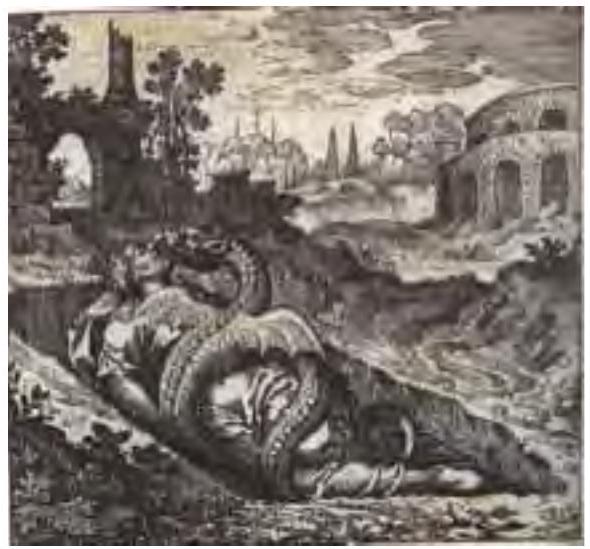
I told David, "The dream suggests you are wrestling with an immense titanic power that is potentially overwhelming. This is a mythic dream. You grapple with the great Serpent deity, just as in the Hero's Myth, the male hero wrestles with a dragon or monster. I think this reflects how you are grappling with the titanic force of your sexual drives. The dream suggests that this is a mythic struggle of immense proportions and significance.
The image of the snake circling the man's body is also a representation of the ouroboros, symbol of the regenerative power of the unconscious and its unfolding life force."
The appearance of this symbolism is of some interest to me. The snake or dragon eating its own tail signifies unifying mind and body, intellect and instinct, masculine and feminine, and all the pairs of opposites. In some ouroboros images, two crowned snakes devour one another, fusing into one. The fact that the serpents are crowned is significant and relates the ouroboros symbolism to that of the archetypal king. Hermetic scholar Alexander Roob wrote, "In the Coptic, Ouro means king and in Hebrew ob means a snake." Thus, the ouroboros means the "king snake" or "snake king."
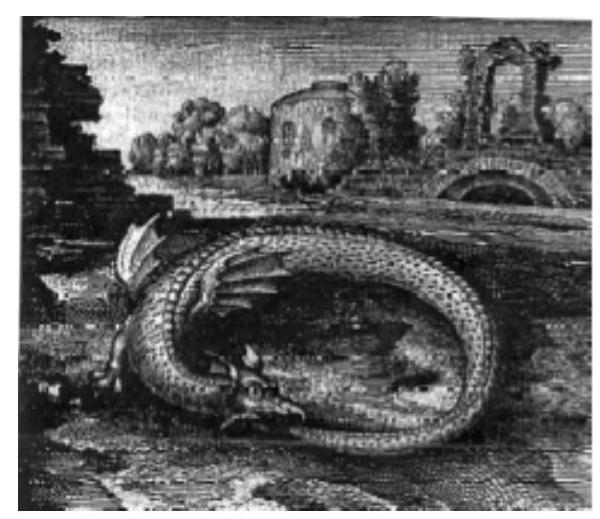
End Part One. Part Two, concluding this paper, will appear in our Winter issue.
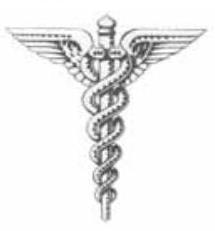
Greg Bogart, Ph.D, MFT, is a psychotherapist in the San Francisco Bay Area, and teaches Counseling Psychology at the California Institute of Integral Studies. This article is excerpted from his upcoming book, Dreamwork and Self-Healing: Unfolding the Symbols of the Unconscious.

